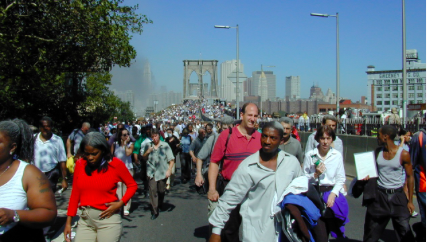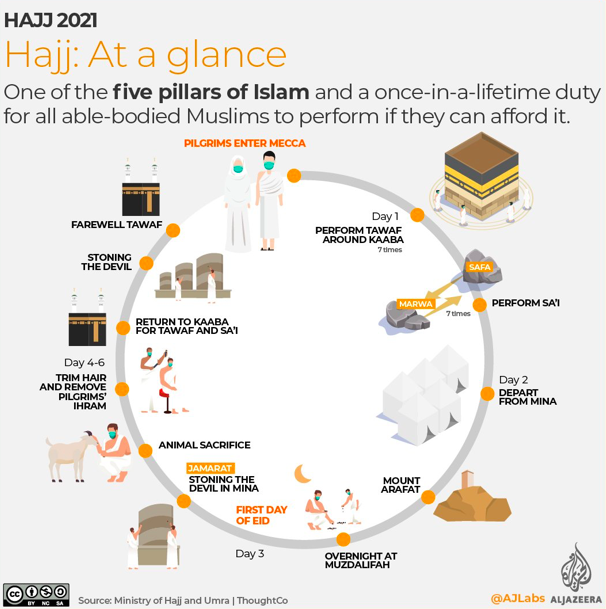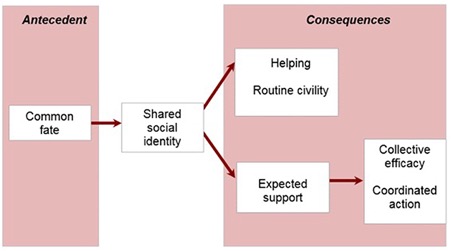
Social psychologist @SussexUni. Collective behaviour, crowds, emergencies https://t.co/pnTmcrC8ly Member behavioural subgroup @independentsage Views mine.
How to get URL link on X (Twitter) App


 First @RebeccaSolnit's inspirational book chapter describing spontaneous coordination in the evacuation of New York - an emphatic answer to those who ask whether disaster solidarity can arise a strongly individualistic country
First @RebeccaSolnit's inspirational book chapter describing spontaneous coordination in the evacuation of New York - an emphatic answer to those who ask whether disaster solidarity can arise a strongly individualistic countryhttps://twitter.com/nadhimzahawi/status/14776626245862850572/5

https://twitter.com/ProfJohnDrury/status/14264561042010357782/9


 The negative effect of crowd density on reported safety was moderated by social identification with the crowd. Mediation analysis suggested that a reason for these moderation effects was the perception that other crowd members were supportive.
The negative effect of crowd density on reported safety was moderated by social identification with the crowd. Mediation analysis suggested that a reason for these moderation effects was the perception that other crowd members were supportive.

 2.
2.





 2/9 #Covid_19 social psychology resources
2/9 #Covid_19 social psychology resources